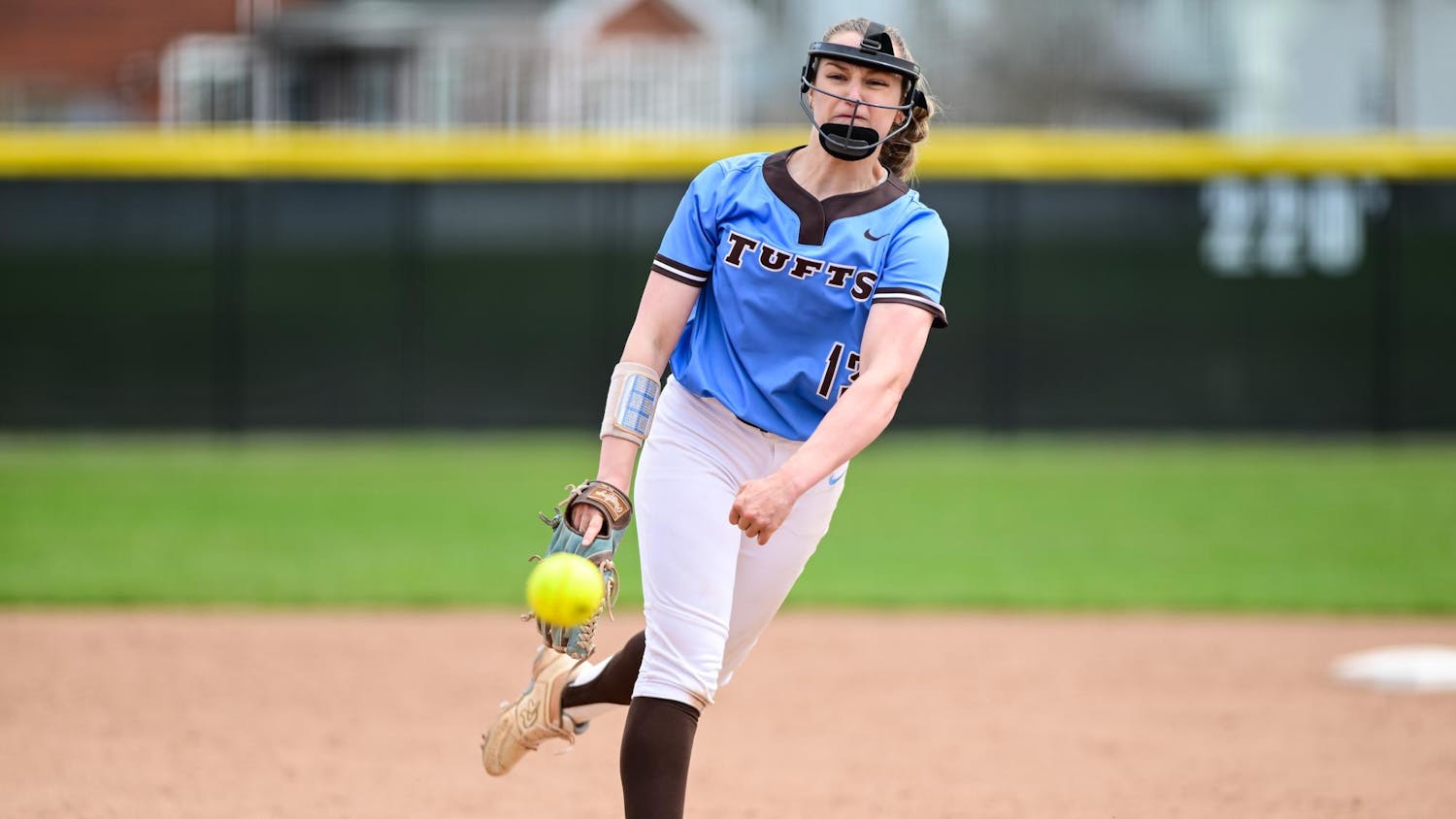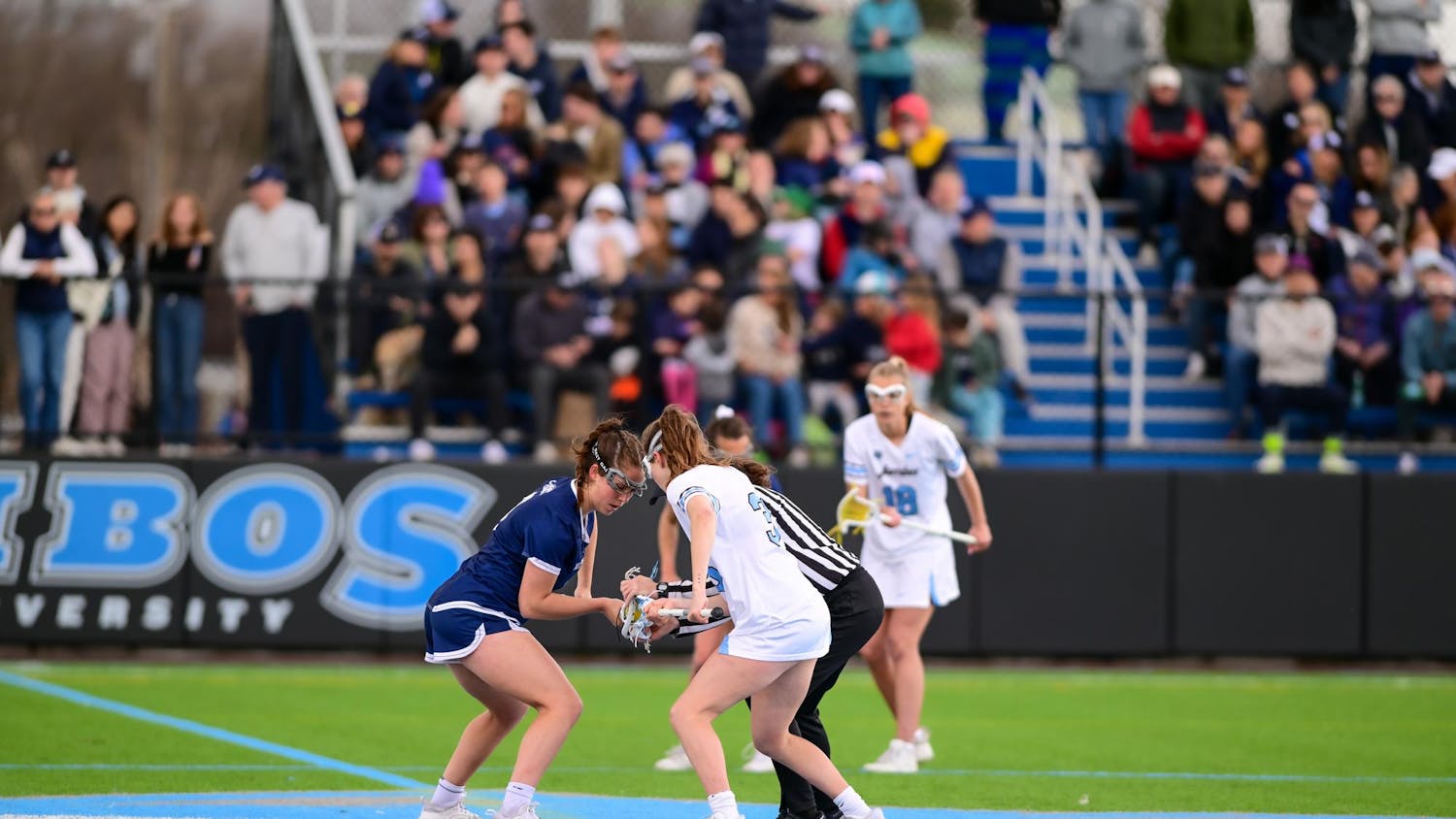Last week, I wrote about the New York Jets' acquisition of Tim Tebow, which stirred quite a hubbub among New Yorkers, who have since seen an enormous Jockey ad sporting Tebow's boyish grin erected outside the Lincoln Tunnel and the creation of a mammoth sandwich at the renowned Carnegie Deli named "The Jetbow." Yet the Jets' signing of Broadway Tim deflected attention from a graver NFL issue: the exposing and sanctioning of the New Orleans Saints' bounty program.
On March 2, the NFL announced the findings of a two-year investigation alleging that 22-27 Saints players, as well as former defensive coordinator Gregg Williams, had been pooling money to reward teammates for injuring opposing players. (One particularly jarring image published on ESPN shows former Saints defensive lineman Bobby McCrayblindsiding former Arizona Cardinals quarterback Kurt Warner in the 2010 playoffs.) Head coach Sean Payton and general manager Mickey Loomis were also indicted for their attempts to conceal the bounty program and their failure to dissolve it.
The repercussions for these actions have been severe. The Saints organization was fined $500,000 and stripped of two second-round draft picks. Williams was suspended indefinitely; Payton was banned for the entire 2012 season and Loomis was tossed for the first eight games. For the Saints, the money is pocket change, but the draft picks and the suspensions are huge blows to the team's chances. To contextualize the draft picks, Roman Harper and Tracy Porter were Saints second-rounders in 2006 and 2008, respectively. These players were immediate standouts in the Saints' menacing secondary: Harper is a two-time Pro Bowler at strong safety and Porter is a solid coverage cornerback who intercepted Peyton Manning for a touchdown in the Saints' victory over the Indianapolis Colts in Super Bowl XLIV.
The suspension of Payton, however, has caused the biggest shockwave in the locker room and around the league. NFL Commissioner Roger Goodell is known for his strictness, especially when dealing with concerns over player safety. Still, his suspension of Payton marked the first time ever a head coach had been banned for a full season.
Now, I was down in Saints country during the first weekend of spring break so I know firsthand what football means to the charismatic people of New Orleans. In the devastating aftermath of Hurricane Katrina, the Saints' historic return to the Superdome - the same arena that once housed tens of thousands of disaster refugees - under Payton in 2006 and their Super Bowl victory in 2010 embodied the resilience and communal strength of New Orleans. Football has long brought New Orleanians together; following a Saints victory, rousing renditions of the "Who dat?" chant can be heard emanating from Bourbon St. until the wee hours of the morning.
Yet, when I was in New Orleans - I left two days before Payton was officially banned - the city seemed in a lull. Sure, the French Quarter was as lively as ever, brimming with brassy jazz clubs, captivating street performers and bustling, homestyle eateries, but the people became very hush-hush when the Saints were mentioned. Everyone was on edge, unwilling to fathom the potential consequences of the bounty system but unable to stop dwelling on their beloved Saints.
This past weekend, Payton appealed his suspension, but the move is unanimously expected to be ineffectual. He will not coach next season, and rightfully so. As the head coach, he is the face of the franchise as much as quarterback Drew Brees, and he must be held accountable for the team's reprehensible policies. The city of New Orleans should not direct its antipathy toward Goodell, but rather toward their beloved Saints for betraying their faith by rewarding sadism.
--
Zach Drucker is a senior majoring in international relations and Spanish. He can be reached at zachary.drucker@tufts.edu.





